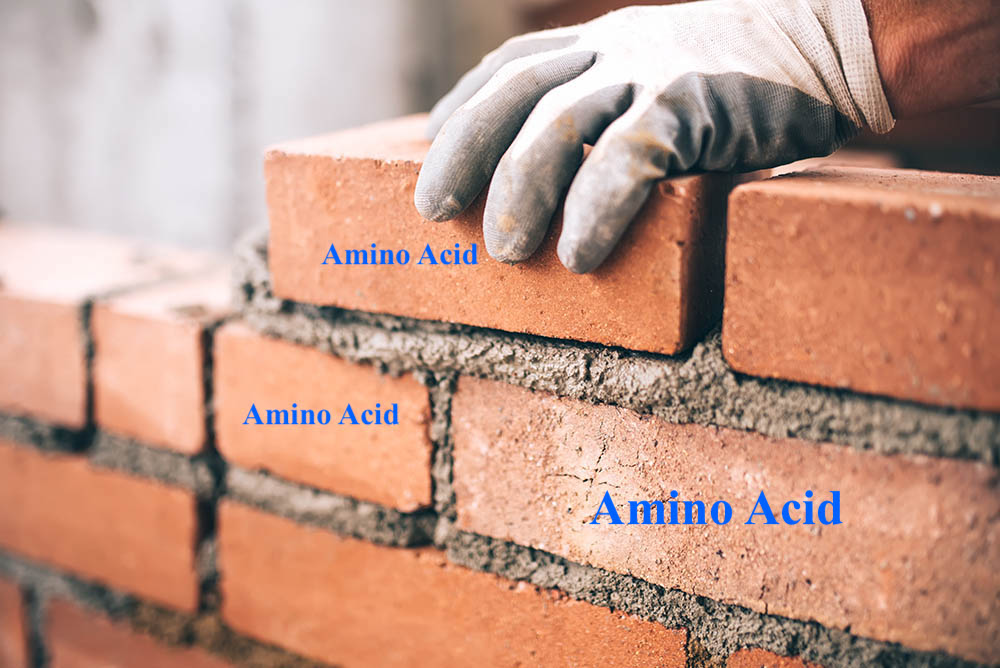
INTRODUCTION Many of my clients have sustained injuries, especially from car accidents. Regretfully, pain and stiffness limit their movement, which can cause muscle loss, weakness, and deeper dysfunction. Increasing client strength, and overall health, through a well-developed strengthening program is a key component in rehabilitation. However, many forget that resistance training is only one step, […]
Read More